This article discusses domestic violence.
On Thursday, April 10, it was pouring in Oregon City.
An annual event honoring and educating the community about survivors of violent crime was beginning in the early afternoon around the courthouse’s plaza, and a curtain of rainwater separated onlookers huddled underneath a tent from a podium for the day’s speakers.
Standing there, and projecting his voice over the weather, Clackamas County District Attorney John Wentworth addressed the crowd, thanking them for attending the event despite the conditions.
“We’re a district attorney’s office on a budget, so we couldn’t afford a sunshine day,” John Wentworth said. “We got rain. Sorry about that.”
Wentworth explained that this event, which was held in the middle of National Crime Victims’ Rights Week along with Sexual Assault Awareness and Child Abuse Prevention Month, aimed to empower both individuals working in the criminal justice system and those they serve.
Several news organizations, including The Falconer, were invited to attend.
The gathering centered around an address from Wentworth, along with speeches from Oregon City’s Police Chief Shaun Davis, Clackamas County’s Victim Assistant Program Director Carrie Walker, and Savanah Mohr, a survivor of domestic violence. In addition, it highlighted twelve organizations:
- Clackamas County District Attorney’s Office
- DoveLewis Emergency Animal Hospital
- Clackamas County Juvenile Department
- Clackamas Women’s Services
- Department of Justice Civil Rights Unit
- A Safe Place Family Justice Center
- Providence SAFE Center
- Clackamas County Children’s Center
- Safety Compass
- Oregon Department of Human Services
- Northwest Family Services
- Parrott Creek Child and Family Services
By connecting organizations who uplift survivors at different points in time — whether when they initially report a crime or attend court — Wentworth said these systems are able to collaborate better with one another. And by illustrating the amount of people working behind the scenes to seek justice, victims can feel seen rather than siloed or overlooked for their experiences.
“Being a victim of crime can feel lonely and isolating,” Wentworth said, and he emphasized the importance of overcoming this isolation through the education and awareness that events like this promote. “We do [this] to highlight the services available to crime victims and to send the message that you are not alone.”
At the center of this effort was Mohr.
As a survivor of violent crime, Mohr shared what inspired her to speak about her story: a desire to honor those who have or are still experiencing domestic violence, abuse, or neglect.
“The ones who made it out, the ones still finding their way, and the ones who heartbreakingly didn’t get the chance,” Mohr said when opening her speech. “You are not forgotten, you are seen, and you are the reason I am here today.”
Mohr paused for a moment, and then began to tell the crowd her story.
“Coming forward was one of the hardest things I’ve ever done,” she said. “For the longest time I stayed quiet, wore makeup over my bruises and avoided looking people in the eyes. But one day, as I sat in front of the mirror, I saw myself in a way I hadn’t thought. Saw the mother I was becoming. I saw the environment I was raising my son in, and I had had enough.”
After Mohr decided to report what she was experiencing, she traveled with her mom to the sheriff’s department.
There, Mohr said, two sheriffs sat with her for over six hours as she cried, threw up multiple times, and, piece by piece, attempted to tell them what had happened to her.
“I was terrified,” Mohr said. “But in the middle of all that fear, I met a sheriff. She didn’t just do the job; she changed the course of my life.”
That sheriff — who shared with her that she had once been through something similar, and that, while it was going to be hard, healing was possible — had a monumental impact on Mohr’s experience with law enforcement throughout the process of pursuing charges, she said.
“Going to the police can feel pretty scary,” she said. “You don’t know what’s going to happen. But I was met with patience, respect, and a level of care that reminded me that there are people in the world that really want to help.”
That positive experience exemplified the growth Davis said has taken place in the police force since he joined over 26 years ago. And, according to him, it also echoes the crucial role that first interaction with law enforcement has for both the victim’s relationship with the criminal justice system but also their ability to overcome their experiences.
“This moment matters,” Davis said. “How we respond will shape their experience, not just with the case, but with their healing. Are we listening? Are we showing them empathy? Are we connecting them with resources that they need at that critical time in their life? Are we investigating their crime to the fullest extent?”
Members of law enforcement often meet victims at the darkest points in their life, Davis explained.
For him, recognizing that is imperative, and wearing the badge in part represents a commitment to doing so and working towards giving survivors the justice, healing, and support they deserve.
“We don’t just respond to crime, we respond to people,” he said. “When we treat victims with dignity and respect, when we follow through, when we speak with compassion, we send a message that the victim matters and their story matters.”
That sentiment was echoed by Clackamas County First Assistant District Attorney Scott Healy.
“This is why we do what we do,” he said. “This is why we support people, really, at their most difficult, potentially their most difficult time, and lift them up so that they can rebuild their lives.”
In addition to law enforcement, Mohr highlighted the role of her attorneys, along with her victim advocate, who supported her not only legally throughout the process of prosecution but emotionally as well. They were always there, she said, checking in when she needed support, calling to speak about her case, and ensuring that she never felt overlooked throughout the complicated process of pressing charges.
“They made me feel seen, heard, and most of all, believed,” Mohr said. “I cannot put into words what that meant to me. For many victims, being believed is the hardest part, but they made sure I could never doubt that.”
Mohr’s first trial, she said, ended in a “heartbreaking” acquittal.
“I left the courtroom feeling crushed,” she said. “I felt like a fool, like a liar. I regretted ever coming forward.”
Her legal team did not give up, though, and encouraged Mohr to pursue a second trial, which she won.
That victory didn’t erase the pain of her experiences, Mohr said. But the ability to give her victim impact statement — a written or oral address detailing to the court the emotional, physical, and financial impacts of crime on the victim’s life — gave her something back: her voice.
“My victim impact statement was monumental,” Mohr said. “I had worked so hard on that speech, not just to speak to him, but … to speak to the judge, to the system and the world, to say that this is what domestic violence looks like, and this is what it does. This is what it takes a survivor.”
For Wentworth, acknowledging the toll violent crimes take on those who experience them — and working to combat that — is a key part of creating a compassionate and holistic approach to supporting victims.
A large part of that comes from crisis intervention and nonprofit organizations focused on survivor advocacy and assistance, like the 12 who were represented by tents surrounding the area where Mohr, Wentworth, Davis, and Walker spoke.
“Organizations that support crime victims … play a critical role in raising awareness and advocating for systemic change by shining a light on the prevalence and impact of crime,” he said. “These organizations challenge societal attitudes and perception, fostering greater empathy and understanding.”
The impact of these groups was profound throughout Mohr’s experience, and she concluded her speech by expressing the immense gratitude she felt for the countless hours of work that advocates, lawyers, and law enforcement put in on her behalf.
“Thank you for showing up. Thank you for staying late. Thank you for caring,” she said. “For these survivors who look back on our stories, we remember you. You’re in our hearts, you’re in our prayers, you’re in our healing. You helped me change the story of my life, and now I get to write the rest.”
Wentworth also pointed out, though, that while the way Clackamas County’s handles criminal justice is a vast improvement from how it was in the past, there is much more work to be done to ensure that victims, and the justice they deserve, aren’t lost in the system.
“Today’s police officers across the cities are better equipped and better trained than ever before,” he said. “When I look back on how we addressed crime 30 years ago, I’m impressed with how far we’ve come. I also know that 30 years from now, we’ll be even better yet, and I’m committed to starting that process now.”
At the end of the day, Wentworth, Davis, and Walker said that what’s most important is supporting victims throughout the process in whatever ways they need.
“Behind every reported crime, there’s a victim, there’s a person, there’s a survivor, there’s a story, and there’s a family,” he said. “To the survivors here today: you are not forgotten.”
Mohr echoed a similar message directed to anyone living in a situation like the one she experienced.
“To anyone out there still living in fear, still feeling alone, I want you to know there is hope, and there are people who care, people who will fight for you, people who believe you,” she said. “You don’t need to stay silent. You don’t need to suffer alone. And you can get through this, even when it feels impossible.”
If you or someone you know is experiencing domestic violence, call the National Domestic Violence Hotline at 1-800-799-SAFE or text “START” to 88788. If you or someone you know is experiencing sexual assault, call the National Sexual Assault and Harassment Hotline at 1-800-656-HOPE.


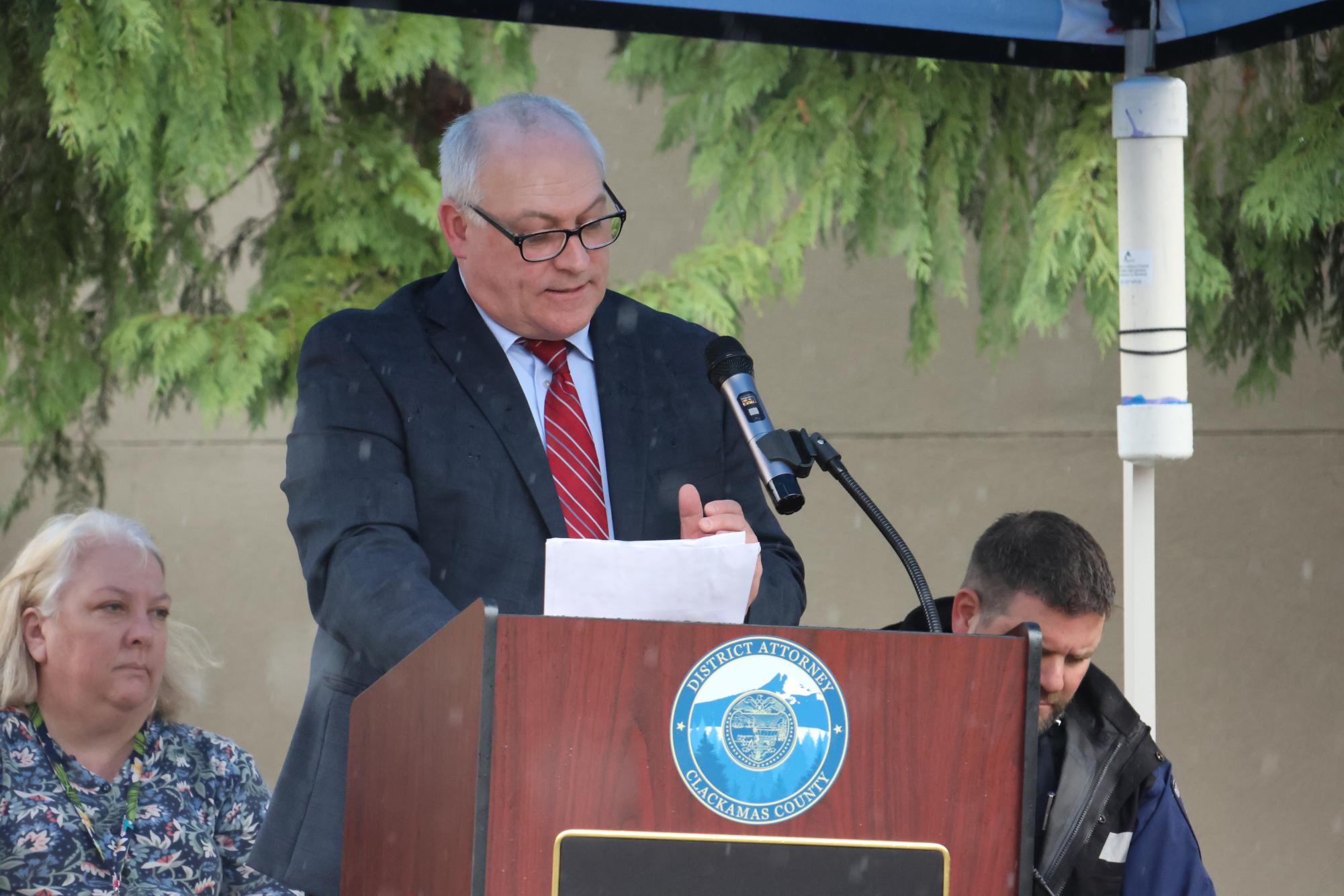
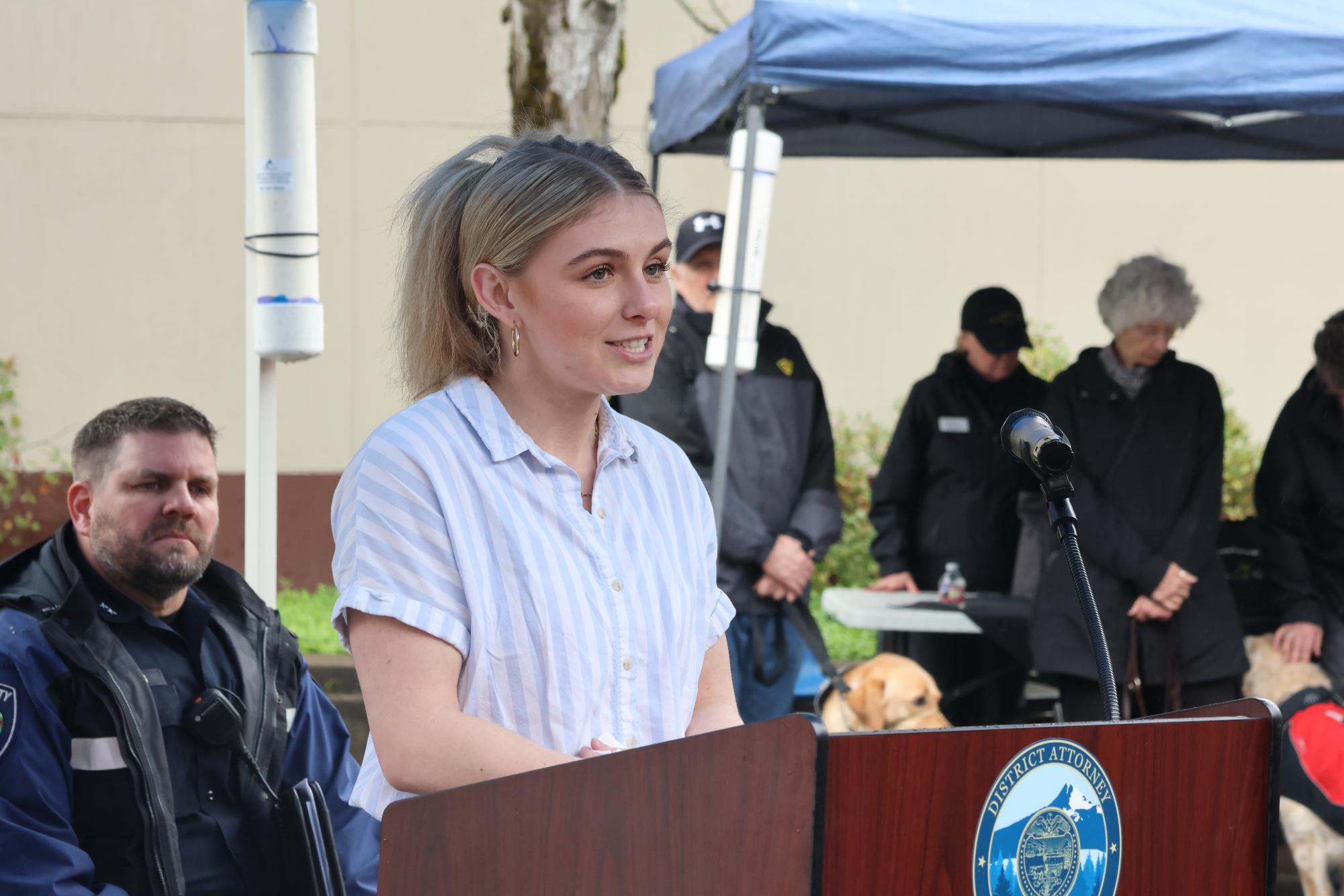
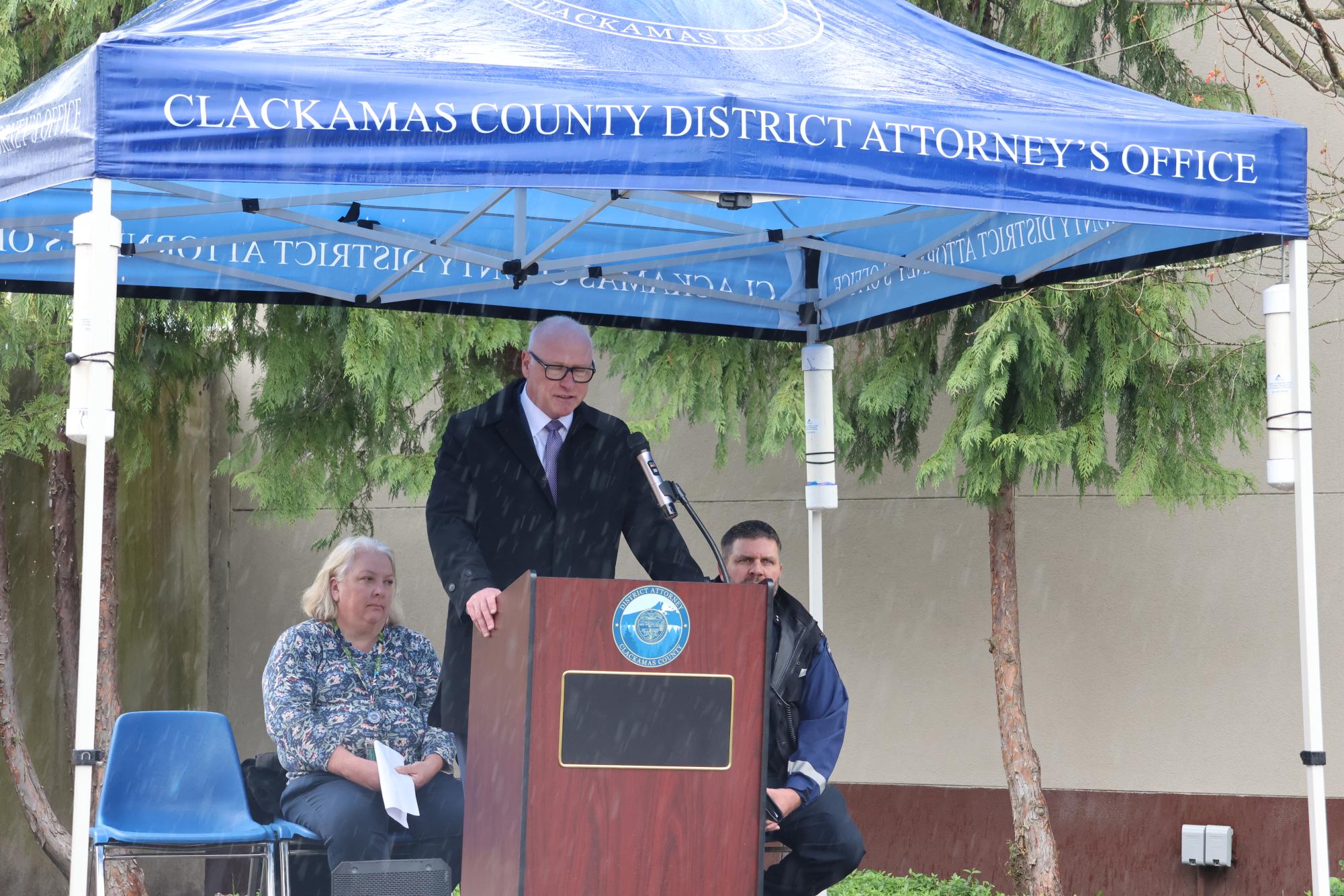
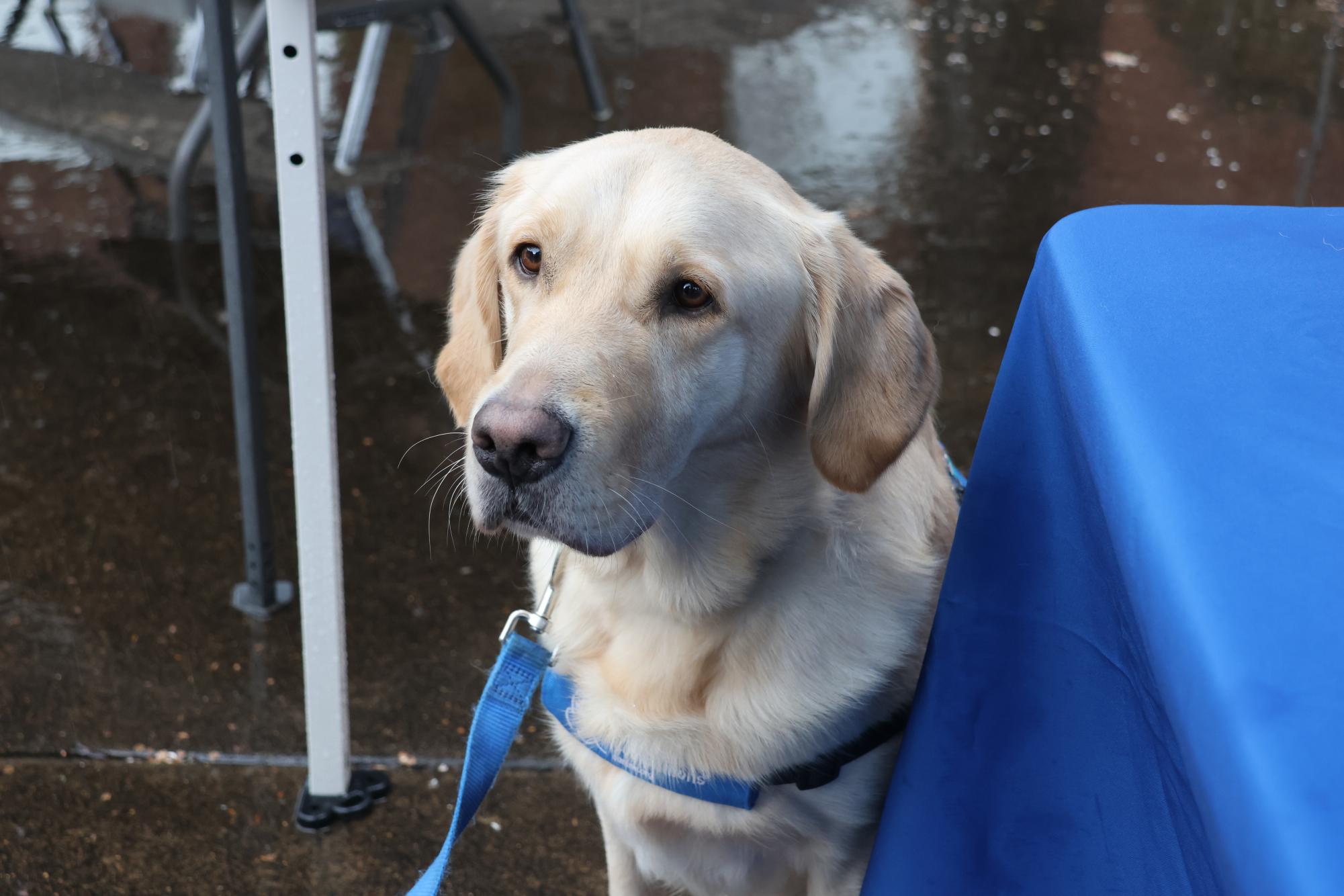
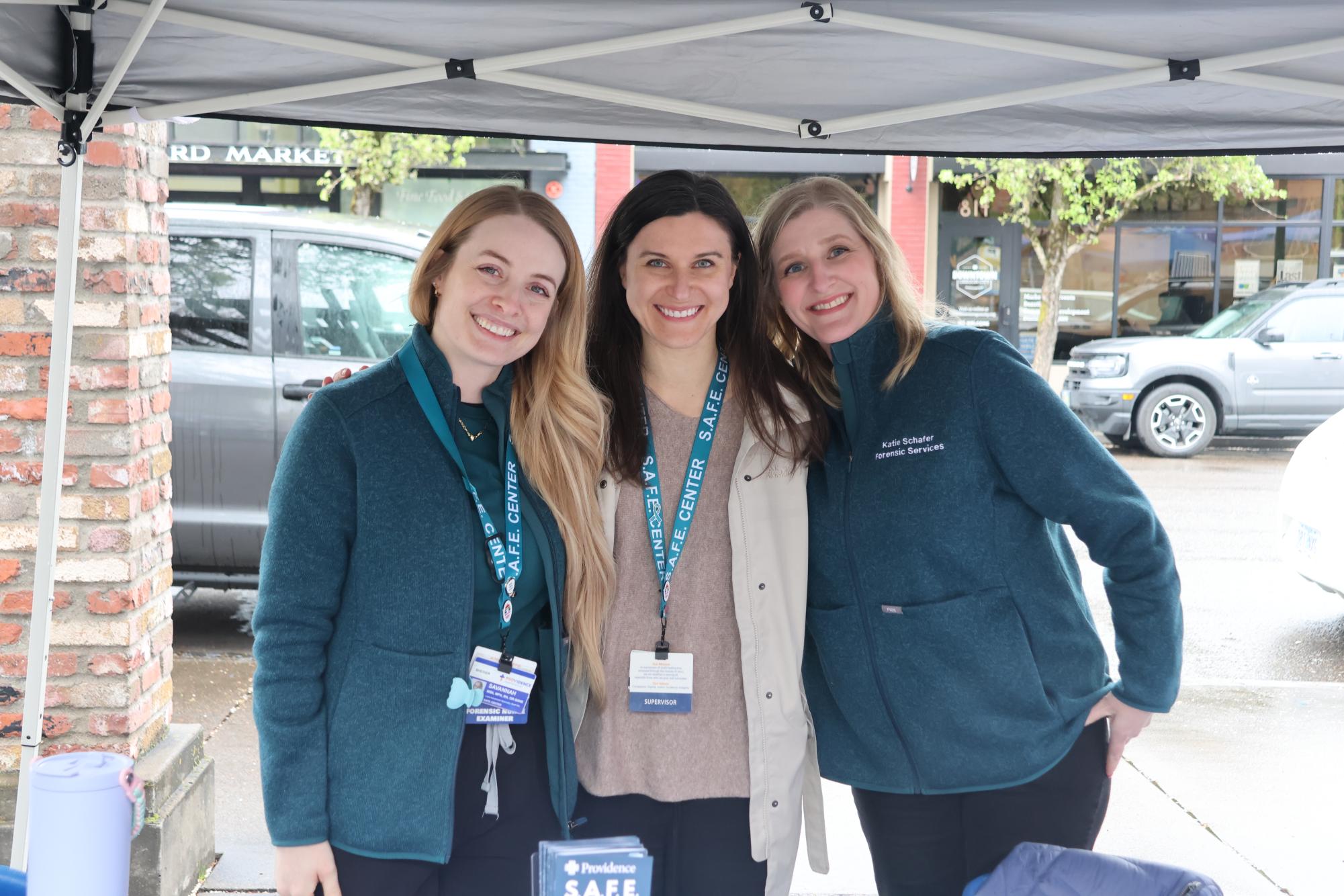
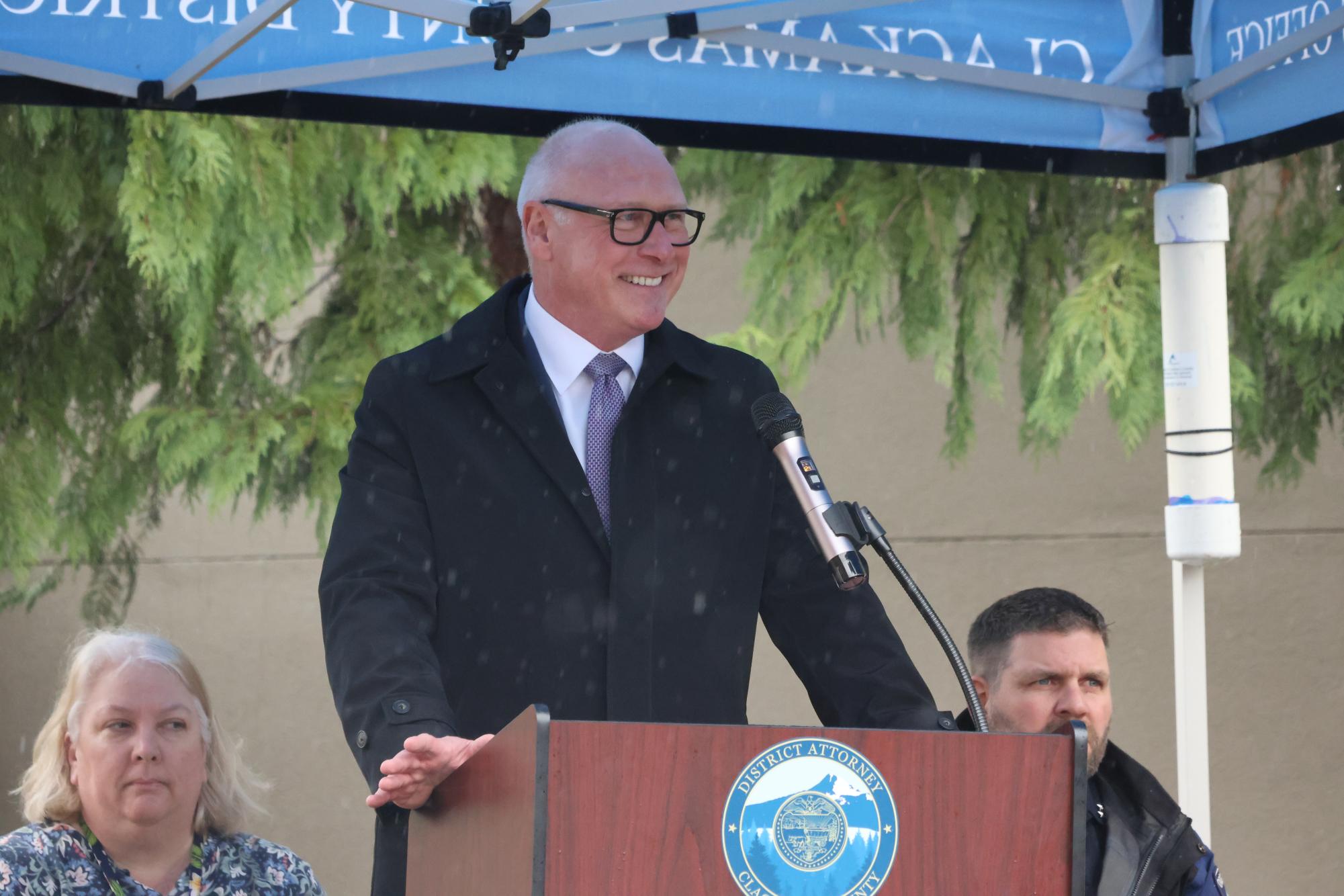
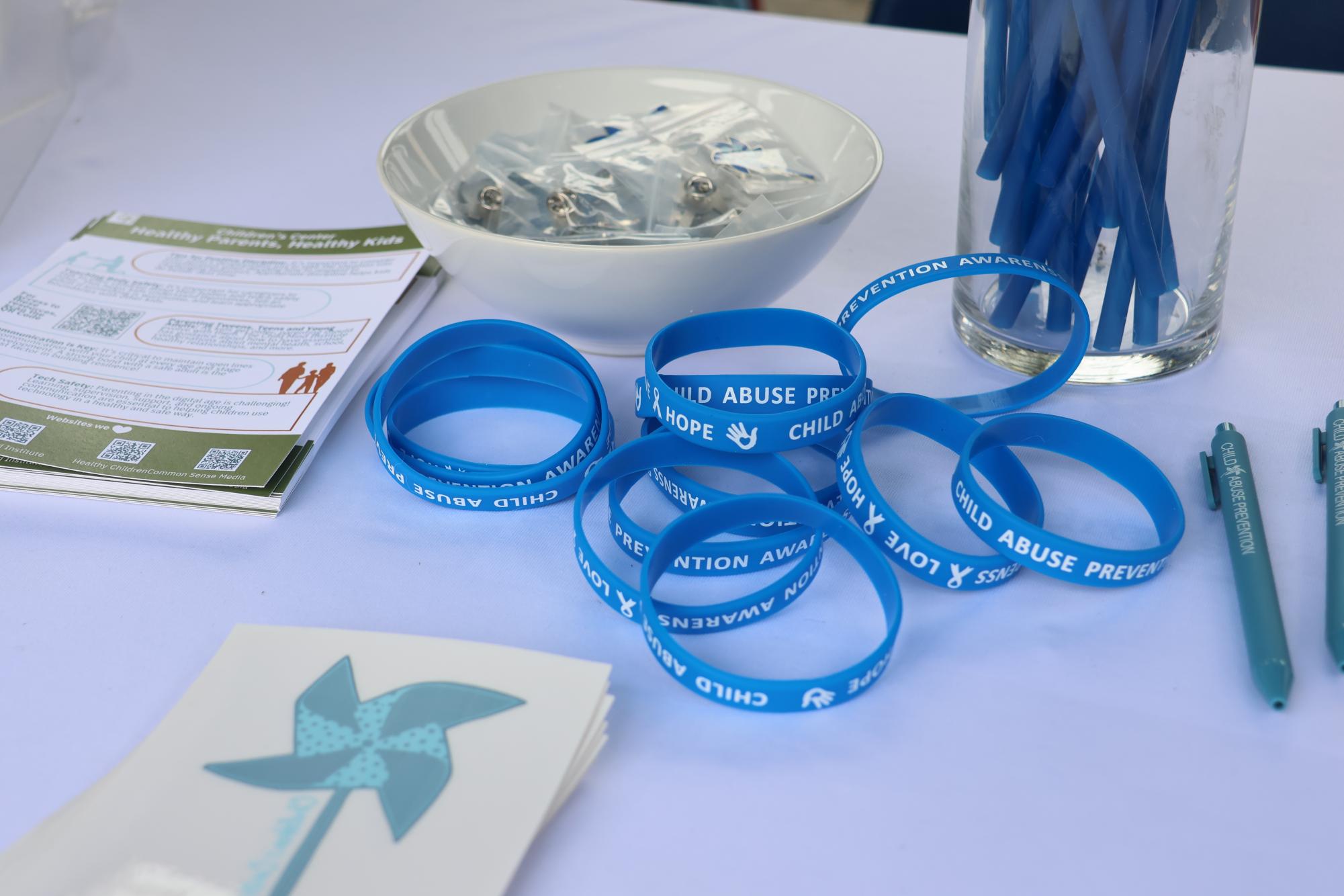
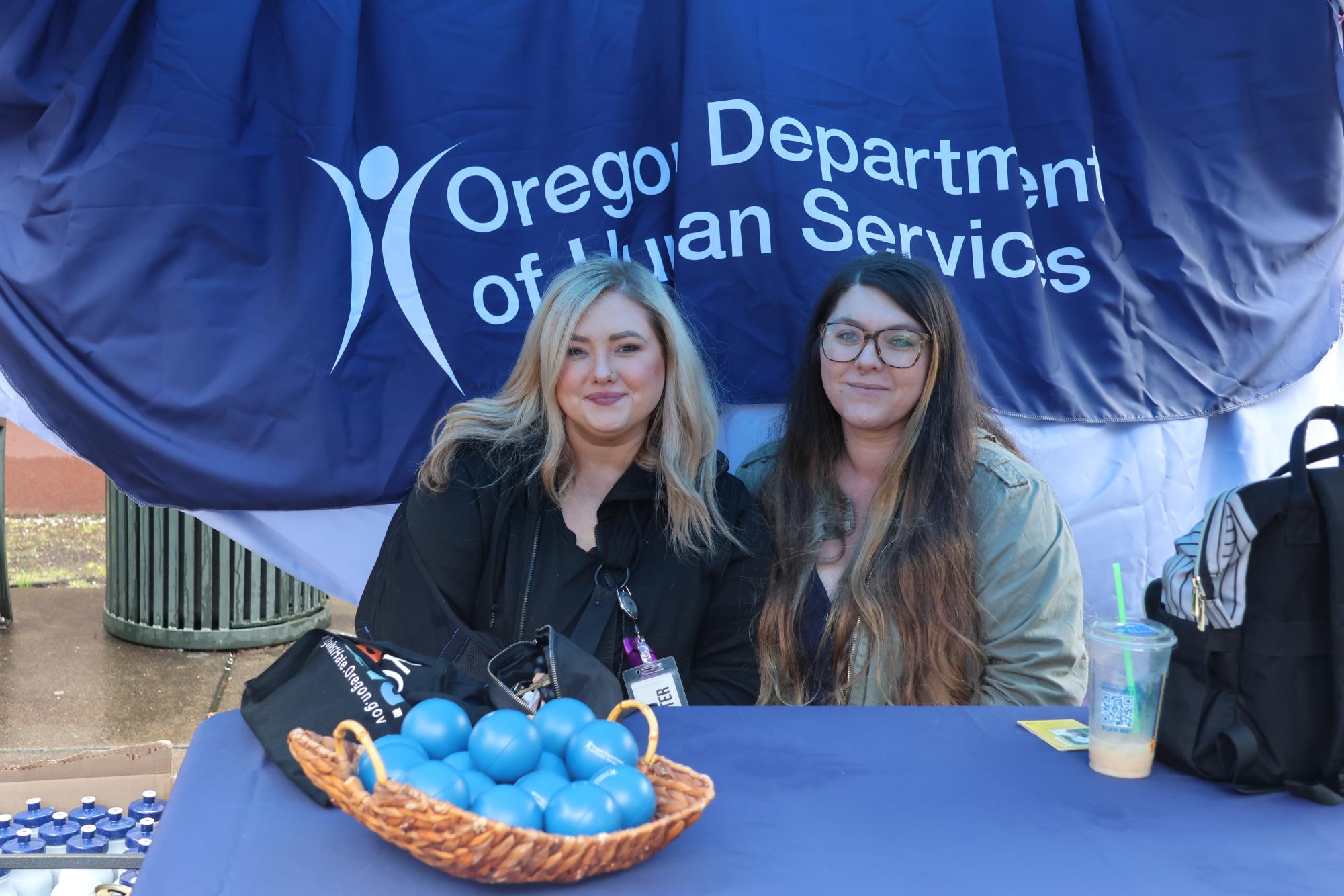
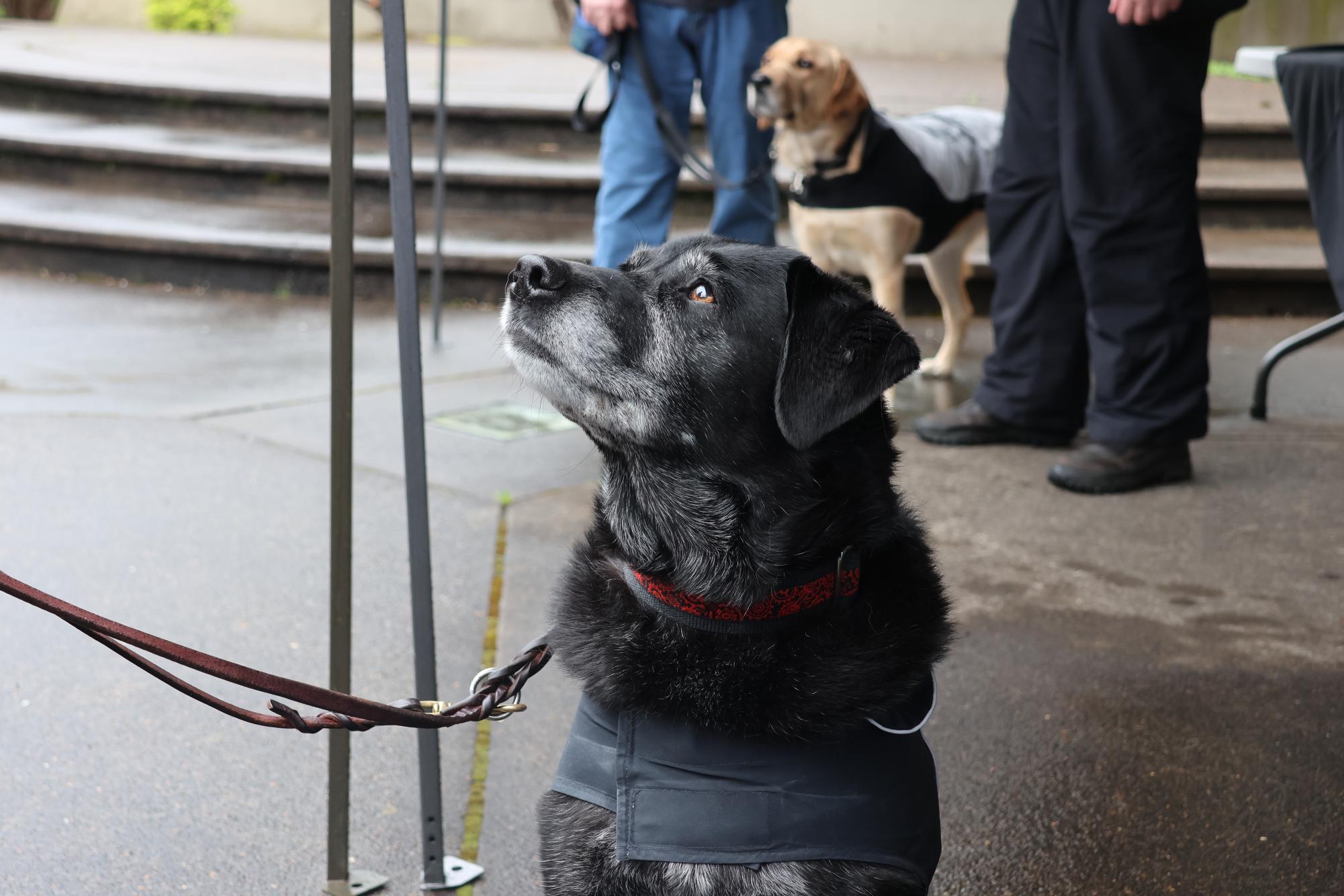
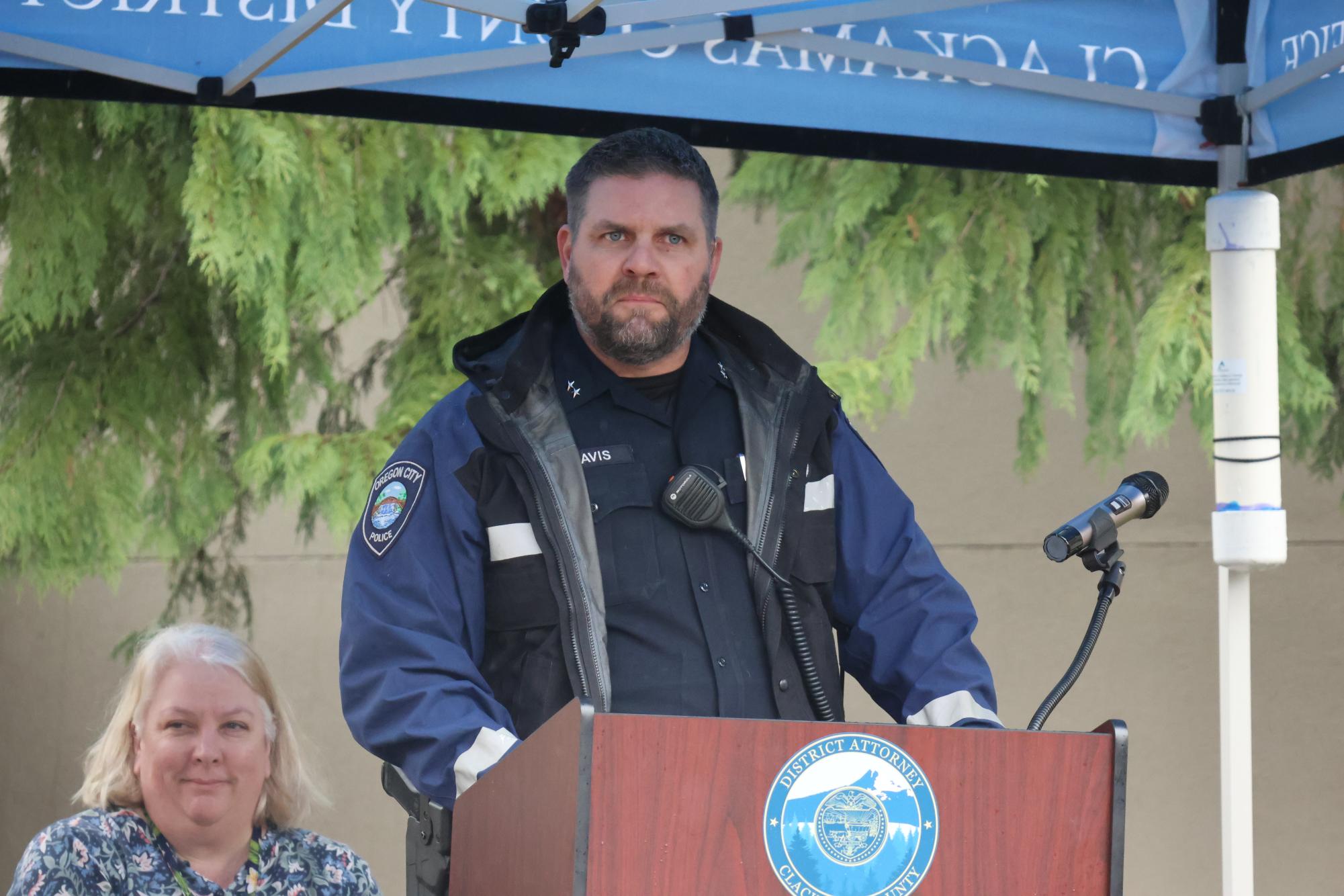

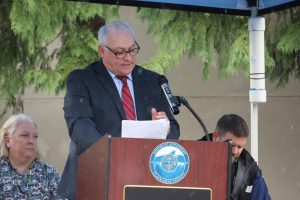
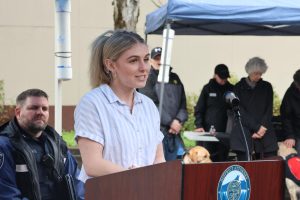
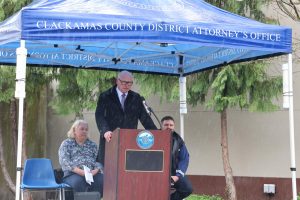

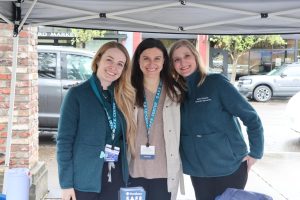
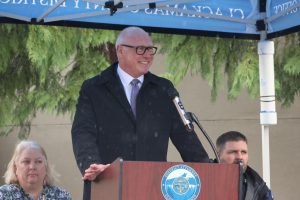
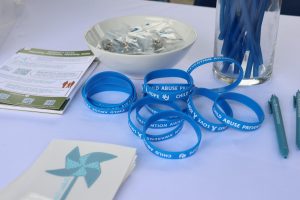
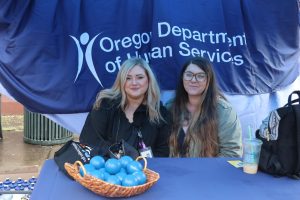
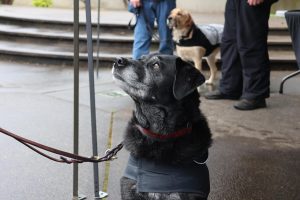
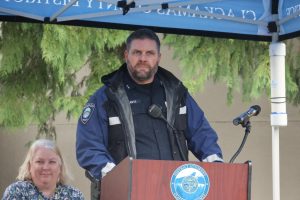
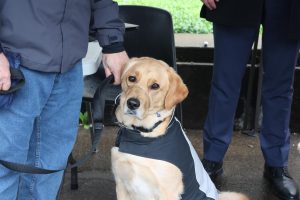
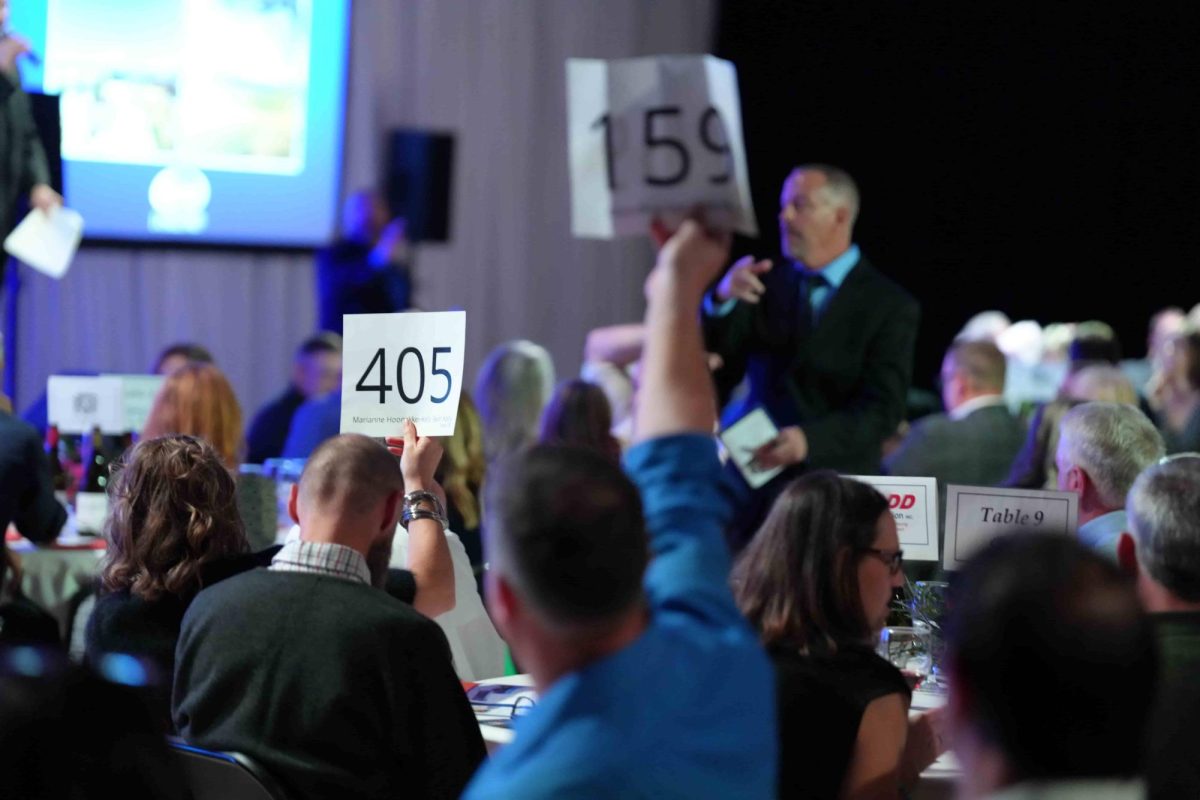


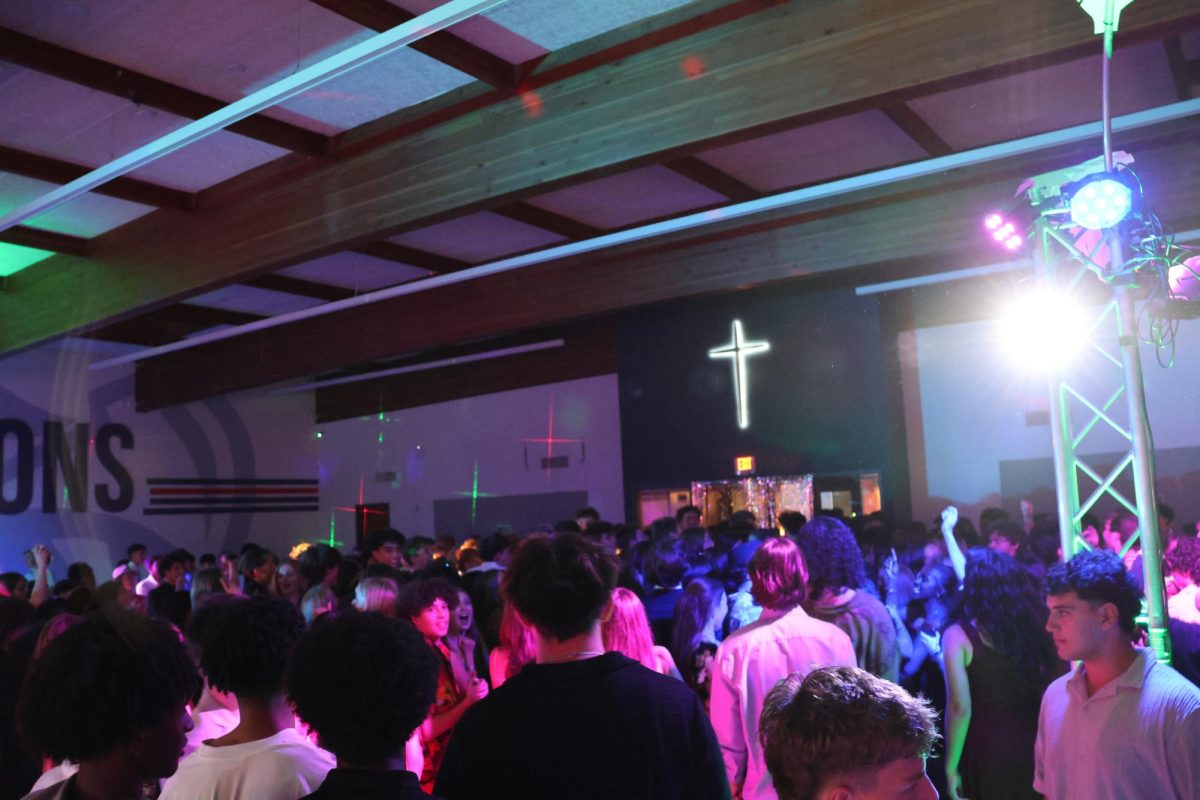
![Mr. Owen Furlong, the temporary Campus Safety Monitor, grew up near La Salle and described how Christ the King was “basically [his] backyard for a long time.”](https://lasallefalconer.com/wp-content/uploads/2025/10/115A2328-1200x800.jpeg)
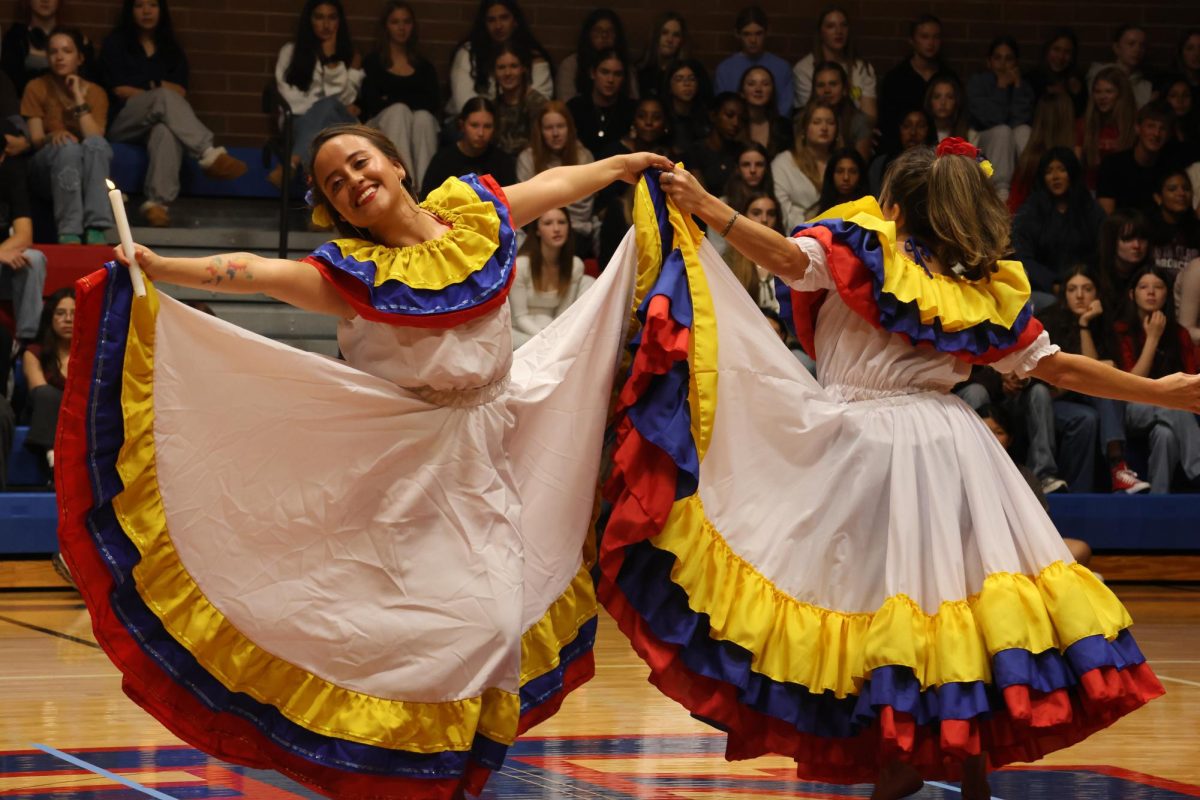
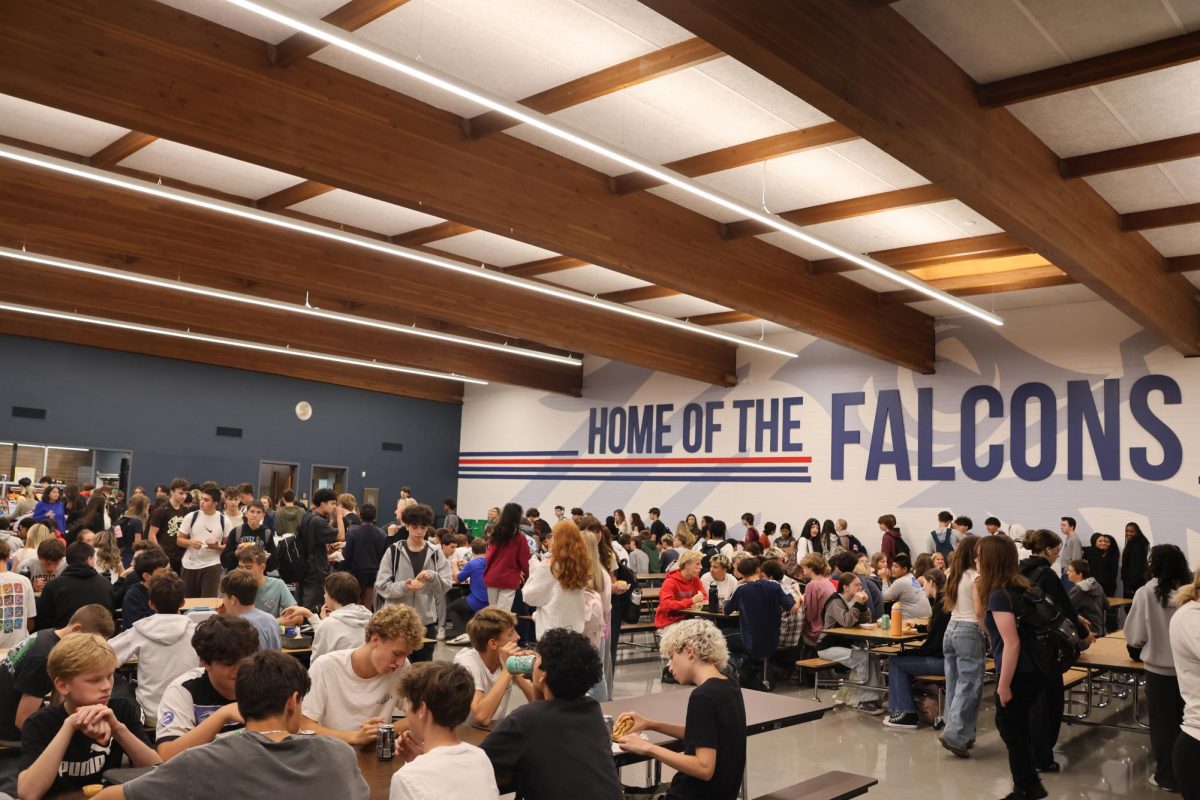
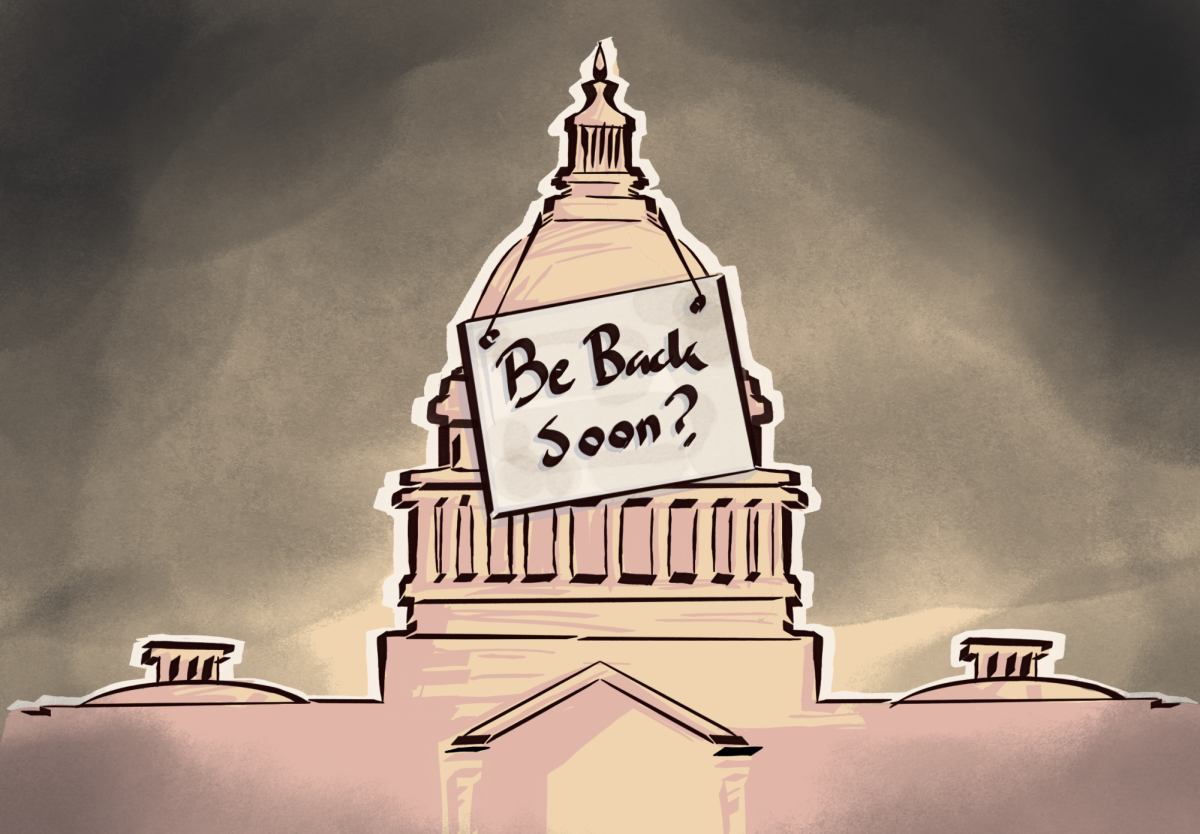
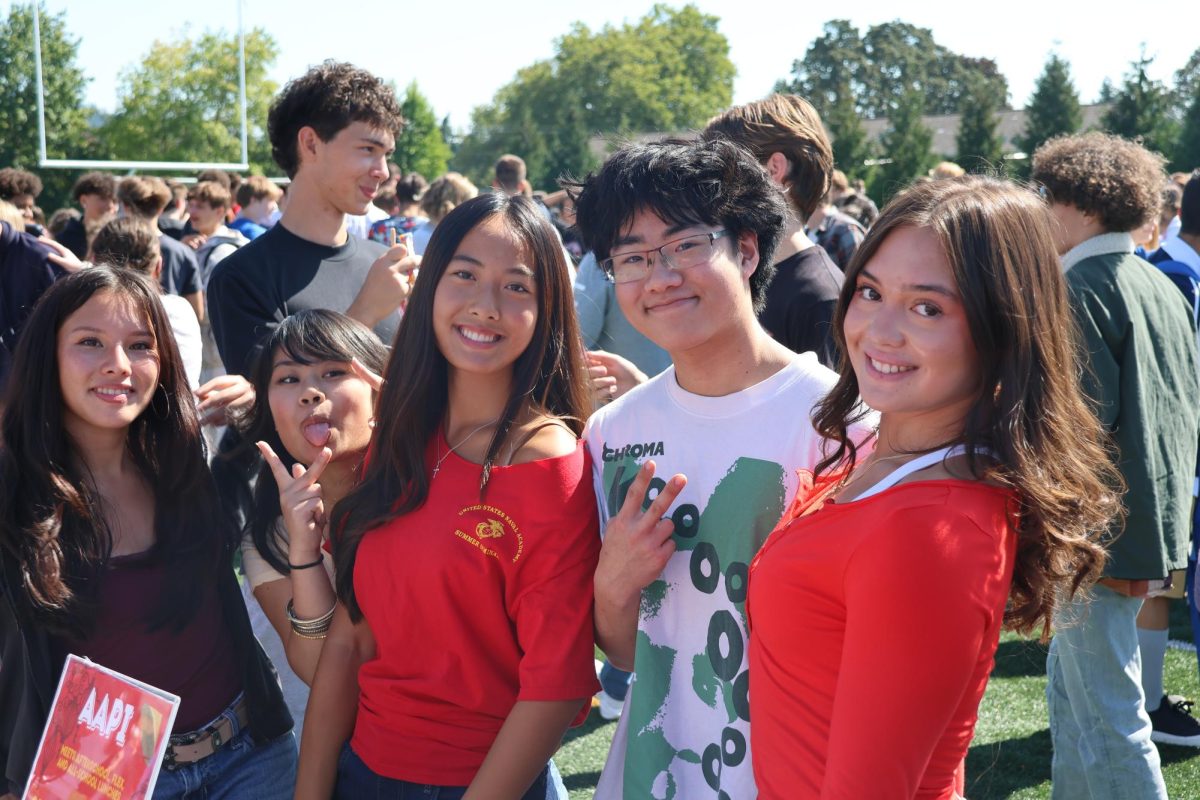
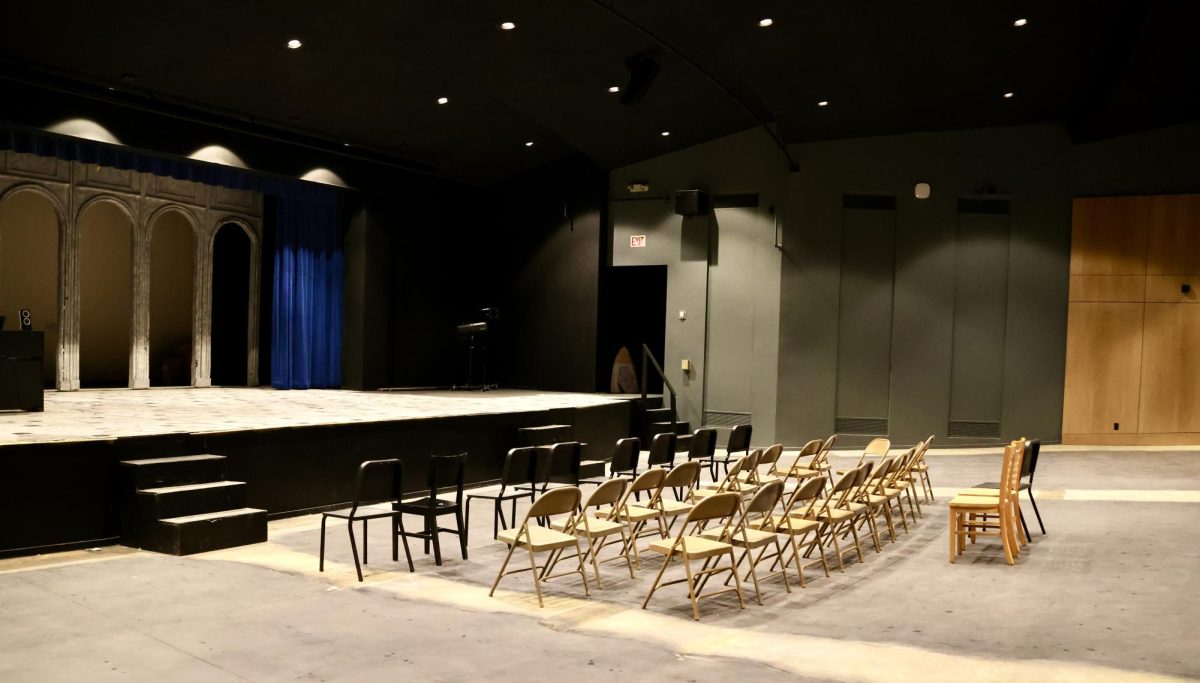

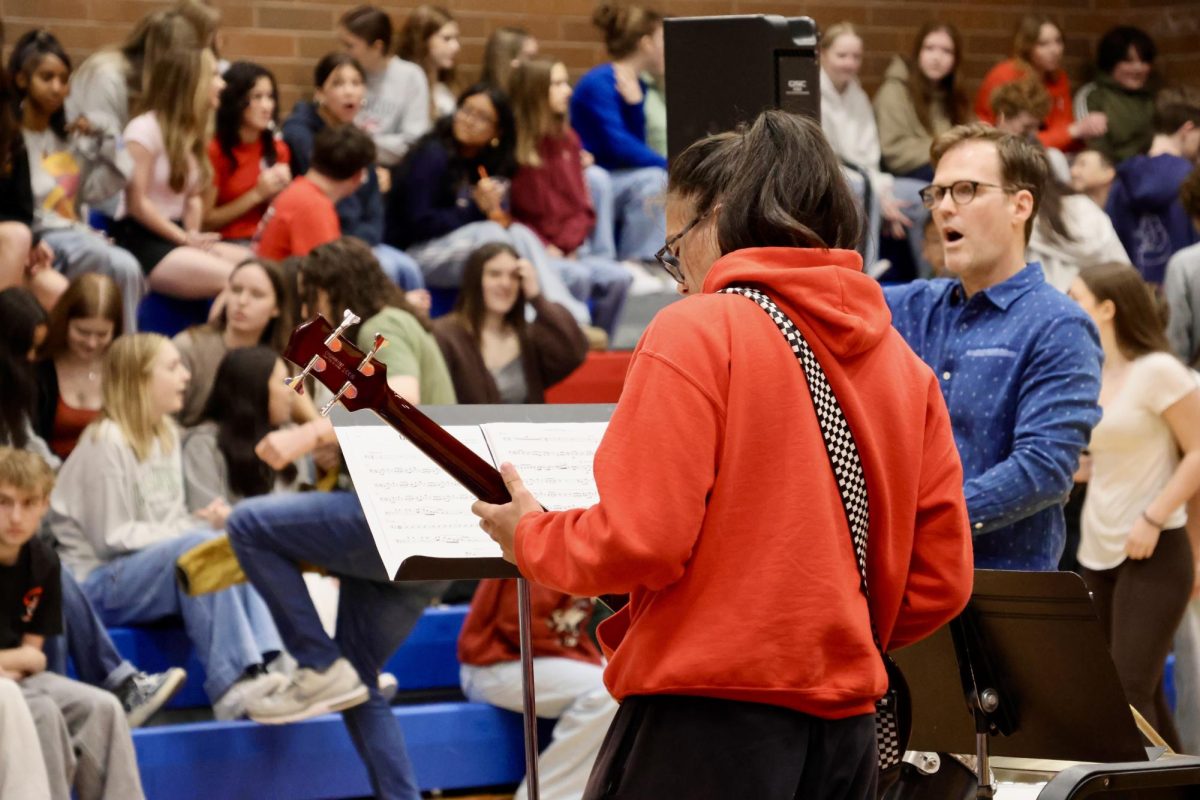

Chris Babinec • Apr 17, 2025 at 8:10 am
What an excellent piece of writing. The balance between highlighting survivor’s voices and sharing the work of those who support survivors, combined with speaking to the practical and profound importance for agencies to work together on behalf of survivors is so very well done. Thank you for sharing about this important event.